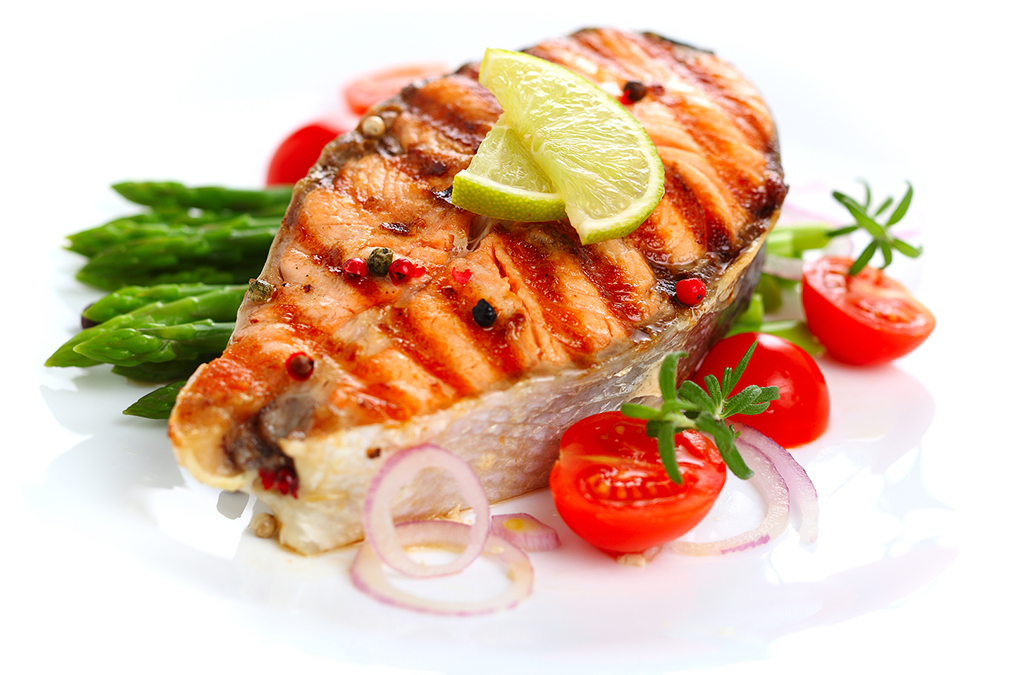 Nonalcoholic fatty liver disease, or NAFLD, is strongly related to our food and beverage intake, but researchers are still gathering the details.
Nonalcoholic fatty liver disease, or NAFLD, is strongly related to our food and beverage intake, but researchers are still gathering the details.
Strangely, according to a new study in BMC Public Health, one specific healthy food may drastically worsen your NAFLD.
In fact, those who eat this healthy food frequently are 40% more likely to develop NAFLD.
The researchers used data from the Guangzhou Biobank Cohort Study, focusing on participants who returned for a follow-up in 2009-2010. Their sample consisted of 1,862 participants aged 50 years or older.
The study excluded people with incomplete data or excessive alcohol consumption, as this may also cause fatty liver disease.
The main tool for diagnosing NAFLD was an abdominal ultrasound examination, and each participant also underwent health assessments, measuring factors like blood pressure, body mass index, cholesterol levels, and blood sugar.
They evaluated their participants’ meat and fish consumption via a food frequency questionnaire, which considered their average consumption frequency and the amount consumed per sitting per week.
The study categorized meat into red meat (pork, mutton, and beef) and processed meat (including salted fish and cured meat).
Fatty fish, such as mackerel and salmon, were also counted.
This is what they found.
-
1. Those who ate three or more servings of fatty fish per week had a 40% higher chance of developing NAFLD compared to those who didn’t consume it at all.
2. There was no association between NAFLD and the consumption of other types of meats, including red meat, poultry, processed meat, or other fish varieties.
3. Other seafood indirectly reduced NAFLD risk by reducing blood pressure and increasing HDL cholesterol, which is often called good cholesterol.
4. By increasing body mass index, other blood fats, blood sugar, and waist circumference, processed meat indirectly increased NAFLD risk.
These findings are surprising, but serve to remind us once again that too much of even a healthy thing like fatty fish can become unhealthy.

 Overcoming IBD
Overcoming IBD Multiple Sclerosis
Multiple Sclerosis Banishing Bronchitis
Banishing Bronchitis Gum Disease Gone
Gum Disease Gone Overcoming Onychomycosis
Overcoming Onychomycosis Neuropathy No More
Neuropathy No More The Prostate Protocol
The Prostate Protocol Brain Booster
Brain Booster
 Ironbound
Ironbound
 Solution for Shingles
Solution for Shingles
 The Bone Density Solution
The Bone Density Solution
 The Ultimate Healing Protocol
The Ultimate Healing Protocol
 The Parkinson's Protocol
The Parkinson's Protocol
 The Chronic Kidney Disease Solution
The Chronic Kidney Disease Solution
 Overthrowing Anxiety
Overthrowing Anxiety The Fatty Liver Solution
The Fatty Liver Solution The Hypothyroidism Solution
The Hypothyroidism Solution
 The End of Gout
The End of Gout The Blood Pressure Program
The Blood Pressure Program
 The Oxigized Cholesterol Strategy
The Oxigized Cholesterol Strategy
 Stop Snoring And Sleep Apnea Program
Stop Snoring And Sleep Apnea Program
 The Arthritis Strategy
The Arthritis Strategy The Vertigo & Dizziness Program
The Vertigo & Dizziness Program The 3-Step Diabetes Strategy
The 3-Step Diabetes Strategy Hemorrhoids Healing Protocol
Hemorrhoids Healing Protocol The Erectile Dysfunction Master
The Erectile Dysfunction Master Weight Loss Breeze
Weight Loss Breeze The IBS Program
The IBS Program The Insomnia Program
The Insomnia Program The Migraine and Headache Program
The Migraine and Headache Program The Neck Pain Solution
The Neck Pain Solution The Menopause Solution
The Menopause Solution The Ejaculation Master
The Ejaculation Master The TMJ Solution
The TMJ Solution The Acid Reflux Solution
The Acid Reflux Solution The Fibromyalgia Solution
The Fibromyalgia Solution The Psoriasis Strategy
The Psoriasis Strategy